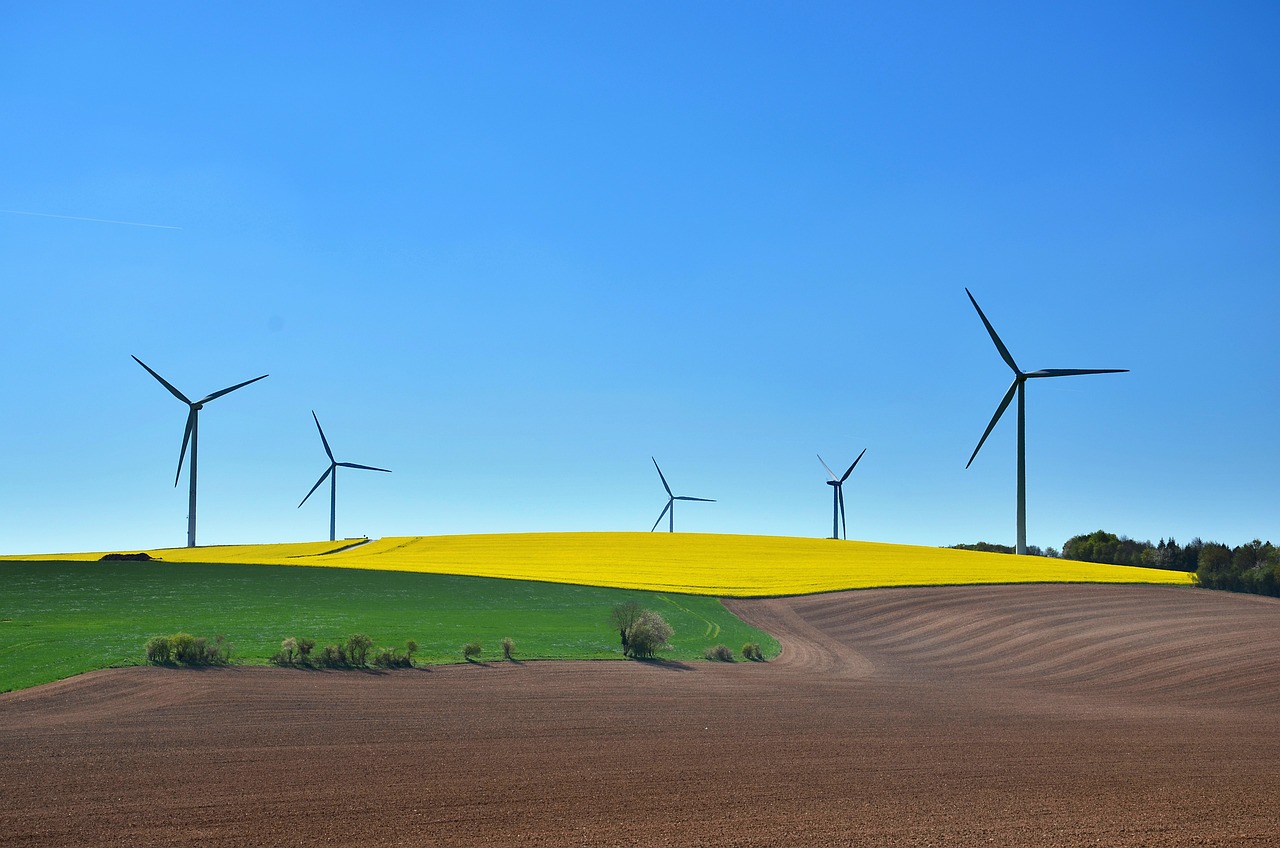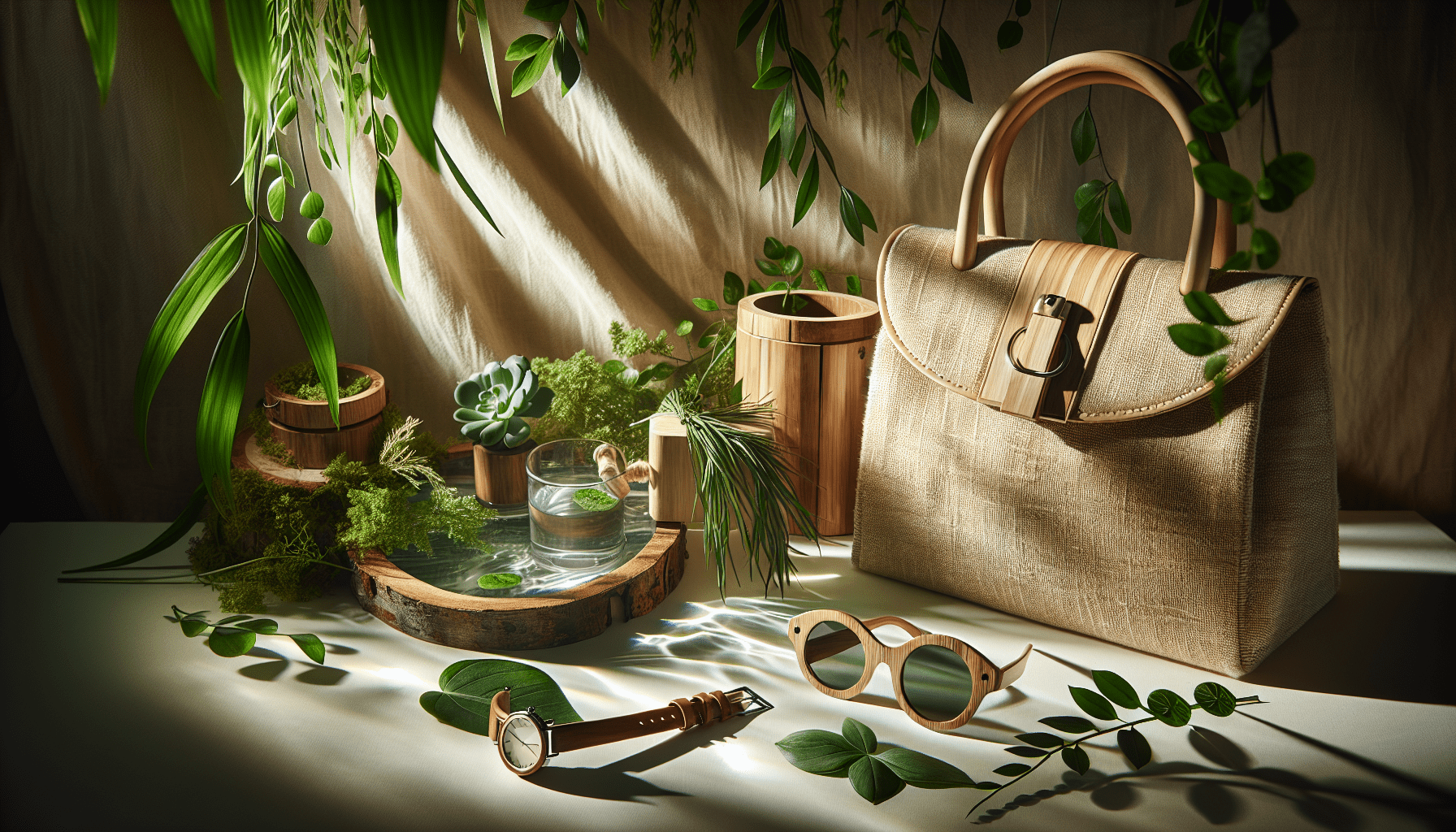How can we find eco-friendly accessories? This question often lingers in our minds especially when we’re striving to make our lives more sustainable. The good news is, discovering eco-friendly accessories is easier than we might think. It’s all about knowing where to look, what to look for, and understanding the benefits of making these environmentally conscious choices. In this article, we’ll guide you through the process of finding eco-friendly accessories that align with our values and make a positive impact on the planet.

Understanding Eco-friendly Accessories
Before we dive into finding eco-friendly accessories, let’s understand what they truly entail. Eco-friendly accessories are items made using methods and materials that have a reduced impact on the environment. This includes sustainable sourcing, ethical production, minimal waste, and recyclability. By opting for these, we support not only our planet but also fair labor practices.
Sustainable Materials
Sustainable materials form the backbone of eco-friendly accessories. These are often sourced responsibly and have a lower environmental footprint. Some common examples include organic cotton, bamboo, recycled metals, and natural dyes.
Examples of Sustainable Materials
| Material | Description | Benefits |
|---|---|---|
| Organic Cotton | Grown without harmful pesticides | Reduces chemical runoff and soil degradation |
| Bamboo | Rapidly renewable resource | Low water usage, biodegradable |
| Recycled Metals | Repurposed from old items | Reduces need for mining, lowers energy consumption |
| Natural Dyes | Derived from plants, roots, etc. | Non-toxic, biodegradable |
Ethical Production
Ethical production means the artisans and workers who make our accessories are paid fairly and work in safe conditions. This ensures that the process of creating these products supports positive human rights practices globally.
Minimal Waste
A key principle in eco-friendly practices is reducing waste. Many eco-friendly accessories are designed to be zero-waste, meaning every part of the material is used, and little to no waste is produced in the manufacturing process.
Recyclability
Eco-friendly accessories should ideally be recyclable at the end of their lifecycle. This means they can be repurposed into new items, thus reducing the strain on natural resources and minimizing landfill waste.
Key Steps to Finding Eco-friendly Accessories
Now that we understand the characteristics of eco-friendly accessories, how can we go about finding them? It’s a multi-step process that involves research, discerning labels, and sometimes, a little bit of patience.
Researching Brands
One of the first steps is to research brands that are committed to sustainability. Start by looking up brands online and reading about their values, practices, and materials. Brands that are transparent about their processes are more likely to be genuinely sustainable.
Certifications to Look For
Several certifications can help us identify truly eco-friendly products. These independent certifications ensure that products meet certain environmental and social standards.
Important Certifications
| Certification | Description |
|---|---|
| Fair Trade | Ensures fair wages and safe working conditions |
| GOTS (Global Organic Textile Standard) | Certifies organic textiles and ethical production |
| FSC (Forest Stewardship Council) | Certifies sustainable wood products |
| OEKO-TEX | Tests for harmful substances in textiles |
Reading Labels
By reading product labels, we can understand the materials used and the manufacturing process. Look for terms like “100% organic,” “recycled,” or the certifications mentioned above. Labels can sometimes be misleading, so it’s important to understand the meaning behind common terms.
Shopping Online vs. In-store
Both online and in-store shopping have their pros and cons when it comes to finding eco-friendly accessories. Let’s explore these options to help us decide which might be best for us.
Online Shopping
Shopping online gives us access to a broader range of products and brands that may not be available locally. We can easily compare different items, read reviews, and check certifications. However, we should be mindful of the carbon footprint associated with shipping.
Tips for Online Shopping
- Check for eco-friendly packaging options.
- Read product descriptions thoroughly.
- Look for customer reviews focused on sustainability.
In-store Shopping
Shopping in-store allows us to physically examine products and their materials. We can ask sales associates about the brand’s sustainability practices and avoid shipping emissions. However, the selection might be limited compared to online stores.
Tips for In-store Shopping
- Visit local boutiques known for ethical products.
- Ask sales staff about the sourcing and production of items.
- Prefer locally-made accessories to reduce transportation emissions.
Popular Types of Eco-friendly Accessories
Now that we know how to identify and search for eco-friendly accessories, let’s look at some popular types and what makes them sustainable.
Fashion Accessories
Fashion accessories include items like jewelry, bags, scarves, and belts. These can be made from sustainable materials such as recycled metals, organic cotton, or upcycled materials.
Jewelry
Eco-friendly jewelry is often made from recycled metals and stones. Some brands also use lab-grown diamonds and ethically sourced gems to ensure minimal environmental impact.
Bags and Wallets
Many sustainable brands offer bags and wallets made from materials like organic cotton, recycled plastic, and vegan leather. These materials are not only eco-friendly but also durable and stylish.
Scarves and Belts
Scarves and belts can be crafted from materials such as organic cotton, hemp, and recycled fabrics. These accessories not only enhance our style but also reflect our commitment to sustainability.
Tech Accessories
Tech gadgets are an integral part of our daily lives. Choosing eco-friendly tech accessories, like phone cases and chargers, is another step towards sustainability.
Phone Cases
Eco-friendly phone cases are typically made from materials like recycled plastics, bamboo, or biodegradable compounds. These materials offer protection for our devices without harming the planet.
Chargers and Cables
Look for chargers and cables made from recycled materials or brands that have green energy commitments. Some companies offer solar-powered chargers, reducing our reliance on traditional energy sources.
Home Accessories
Our homes can be a reflection of our sustainable values. Eco-friendly home accessories include items like decorative pieces, kitchenware, and textiles that are sustainably sourced and ethically made.
Decorative Pieces
From recycled glass vases to bamboo picture frames, decorative pieces can be both beautiful and eco-conscious. These items often incorporate upcycled or naturally abundant materials.
Kitchenware
Sustainable kitchenware includes utensils and gadgets made from bamboo, recycled plastic, or stainless steel. These options help reduce our dependence on single-use plastics.
Textiles
Home textiles, such as cushions and throws, made from organic cotton or recycled fabrics add comfort and sustainability to our living spaces.

Sustainable Brands to Explore
There are numerous brands committed to producing eco-friendly accessories. Supporting these brands helps us ensure our purchases align with our values.
Fashion Brands
- Patagonia: Known for its commitment to environmental conservation, Patagonia offers a range of sustainable clothing and accessories.
- Eileen Fisher: This brand is dedicated to simplicity and sustainability, using organic and recycled materials.
- Stella McCartney: Focused on using innovative materials like vegan leather and recycled polyester, Stella McCartney combines luxury with sustainability.
Tech Brands
- Pela Case: Offers biodegradable phone cases made from flax shive and a plant-based biopolymer.
- Nimble: Focuses on tech accessories like chargers made from recycled aluminum and plant-based plastics.
Home Brands
- Ten Thousand Villages: Sells a variety of fair-trade home accessories created by artisans around the world.
- West Elm: Offers a selection of sustainably sourced home goods, including furniture and décor.
The Environmental and Social Impact
Purchasing eco-friendly accessories has far-reaching benefits beyond our immediate circle. Understanding the environmental and social impacts can motivate us further in our journey.
Environmental Impact
Eco-friendly accessories help reduce waste, conserve natural resources, and decrease pollution. By choosing items made from sustainable materials, we are minimizing our carbon footprint and supporting practices that protect our planet.
Benefits to the Environment
| Impact | Benefit |
|---|---|
| Reduced Waste | Less landfill, more recycling |
| Resource Conservation | Sustainable harvesting |
| Lowered Pollution | Less chemical runoff and emission |
Social Impact
Sustainable and ethically made accessories ensure that workers are paid fair wages and work in safe conditions. This fosters a just and equitable society where artisans and laborers are respected and valued.
Benefits to Society
| Impact | Benefit |
|---|---|
| Fair Wages | Improved livelihoods for workers |
| Safe Working Conditions | Better health and safety for artisans |
| Community Development | Supporting local economies |

Challenges in Finding Eco-friendly Accessories
While the market for sustainable goods is growing, finding eco-friendly accessories still comes with its challenges. Being aware of these obstacles can help us navigate our search more effectively.
Greenwashing
Greenwashing occurs when companies falsely claim their products are eco-friendly to capitalize on the growing demand for sustainability. To avoid being misled, we need to thoroughly research brands and look for credible certifications.
Higher Costs
Sustainable products can sometimes be more expensive due to ethical production practices and high-quality materials. However, investing in durable, long-lasting items can ultimately save us money and benefit the environment.
Limited Availability
In some regions, finding eco-friendly accessories can be challenging due to limited availability. Online shopping can help us access a wider range of products, but we must be mindful of the environmental impact of shipping.
Supporting Local Artisans and Small Businesses
Supporting local artisans and small businesses is a fantastic way to find unique, eco-friendly accessories while contributing to the local economy.
Benefits of Supporting Local
- Reduced Carbon Footprint: Local products often require less transportation, reducing greenhouse gas emissions.
- Community Impact: Buying local helps strengthen our community by supporting local artisans and businesses.
- Unique Products: Local artisans often create unique, handmade items that stand out from mass-produced goods.

Conclusion
Finding eco-friendly accessories doesn’t have to be a daunting task. By understanding the principles of sustainability, researching brands, and being mindful of our choices, we can make a positive impact on the planet and our communities. From fashion and tech to home accessories, there are countless opportunities to embrace sustainability in our everyday lives. Let’s take these actionable steps and commit to a more eco-friendly lifestyle, one accessory at a time.



